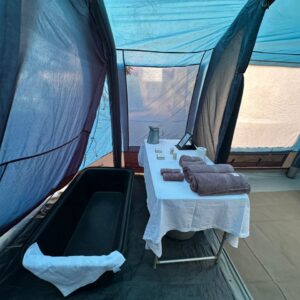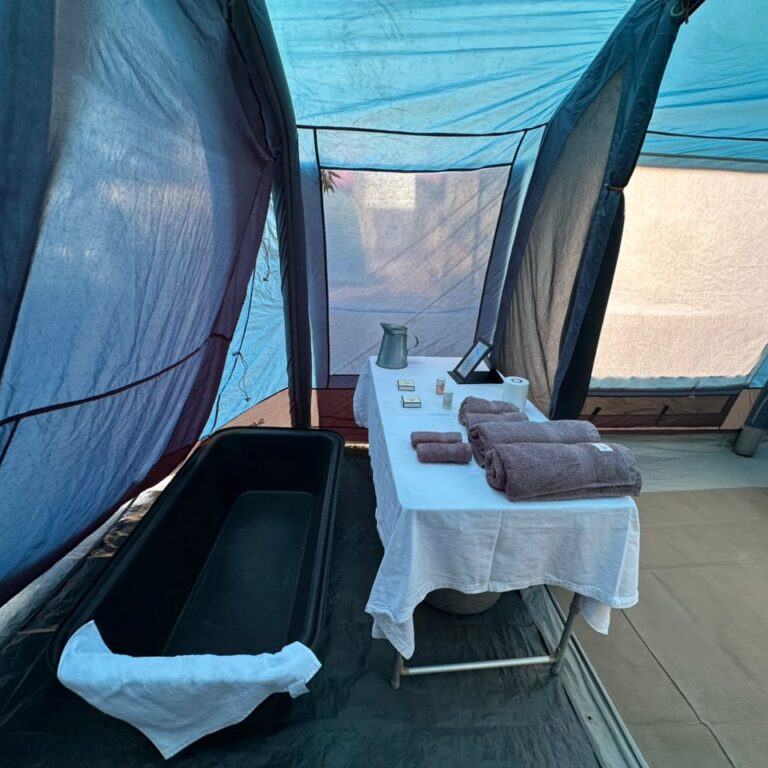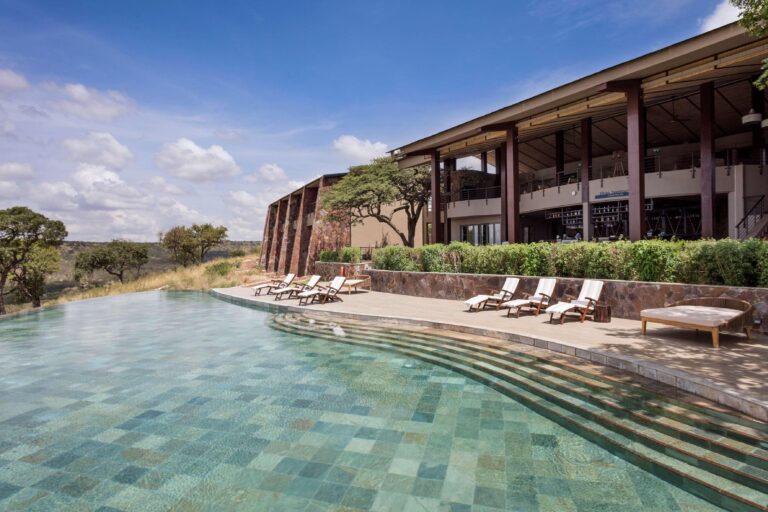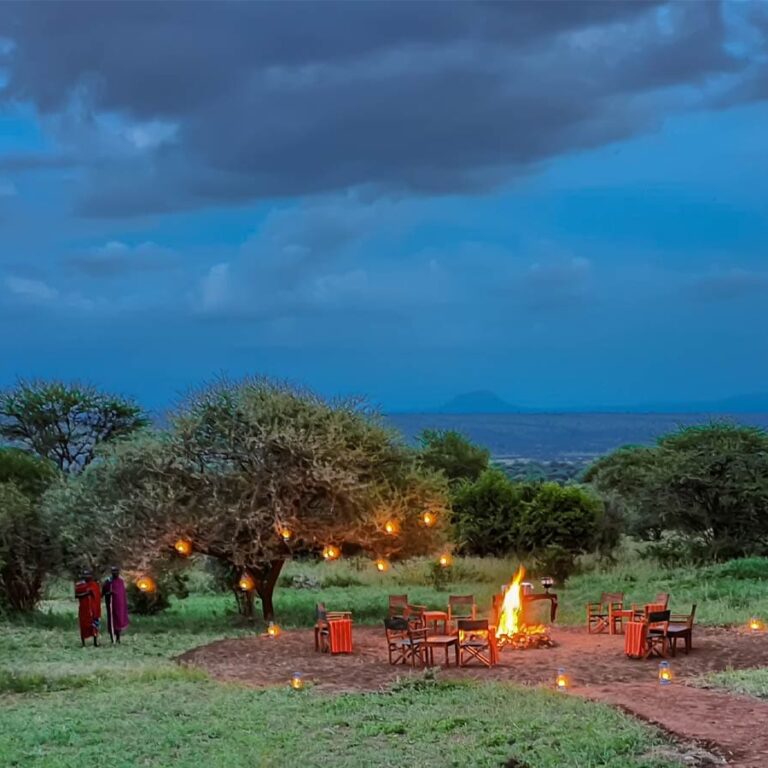Climbing Mount Kilimanjaro is an awe-inspiring adventure, a journey to the roof of Africa that promises unparalleled views and a profound sense of achievement. However, despite its accessible “walk-up” reputation, it is a significant undertaking that demands careful consideration. While many dream of conquering its summit, not everyone is suited for the challenge. Understanding who should not climb Kilimanjaro is just as important as knowing how to prepare for it, ensuring safety and a realistic expectation of success.
It is generally recommended to avoid climbing Mount Kilimanjaro during the long rainy season, which typically falls in March, April, and May. These months are characterized by heavy rainfall, leading to muddy and slippery trails, poor visibility, and potentially dangerous conditions. While the short rainy season in November can also bring rain, it’s generally not as disruptive as the long rainy season. The most popular mount Kilimanjaro climbing routes include Machame, Marangu, Northern Circuit, Rongai, Lemosho, Umbwe, and Shira Route.
Climbing Mount Kilimanjaro is a challenging undertaking, and certain individuals should seriously reconsider attempting it due to potential risks and limitations. Eight reasons include: altitude sickness, physical exhaustion, inadequate fitness, lack of proper gear, pre-existing health conditions, severe weather conditions, mental limitations, and financial constraints.
People With Poor Physical Fitness
Kilimanjaro is a test of endurance, not technical climbing skill. The trek involves daily hiking for 6-8 hours, often over uneven and steep terrain, with summit day frequently extending to 12-16 hours. You will be carrying a daypack and ascending to extreme altitudes where oxygen levels are significantly reduced. Individuals with poor physical fitness will find this relentless exertion overwhelming, increasing their risk of exhaustion, injury, and severe altitude sickness.
A sedentary lifestyle or infrequent exercise is a clear red flag. If you struggle with long walks, cannot comfortably carry a moderate weight for extended periods, or have not engaged in consistent cardiovascular and strength training for at least three to six months before the climb, Kilimanjaro is likely not for you. The mountain demands a base level of fitness that allows your body to cope with sustained effort under arduous conditions.
People With Prior Medical Conditions
Mount Kilimanjaro’s high altitude places considerable stress on the body’s systems, particularly the cardiovascular and respiratory systems. Therefore, individuals with pre-existing medical conditions should approach this challenge with extreme caution or avoid it altogether. Conditions such as:
- Heart conditions. Including angina, heart failure, or a history of heart attacks.
- Severe respiratory illnesses. Such as uncontrolled asthma, COPD, or chronic bronchitis.
- Uncontrolled high blood pressure.
- Diabetes (especially if poorly managed).
- Epilepsy or other neurological conditions.
- Severe anemia.
These conditions can be exacerbated by the low oxygen environment, leading to life-threatening complications. A thorough medical check-up with a doctor experienced in high-altitude medicine is absolutely essential. For some, the advice will be a firm “no,” and it’s crucial to heed such professional guidance for your safety.
Pregnant Women and Children Under 10
While there are remarkable stories of very young and very old individuals summiting Kilimanjaro, generally, pregnant women and children under the age of 10 should not attempt the climb. Pregnant Women. The physiological changes during pregnancy, combined with the extreme physical demands and reduced oxygen at altitude, pose significant risks to both the mother and the developing fetus. There’s an increased risk of complications such as pre-eclampsia, premature labor, and fetal distress. The remote nature of the mountain also makes rapid medical intervention difficult.
Children Under 10. While some children have successfully climbed, it’s generally not recommended. Young children may not be able to effectively communicate symptoms of altitude sickness, making it harder for guides to assess their condition. Their smaller lung capacity and developing bodies can also make them more susceptible to severe altitude-related issues. Additionally, the emotional and psychological resilience required for such a sustained challenge might be beyond their typical developmental stage.
People With Little to No Experience Trekking
Kilimanjaro is often marketed as the “easiest” of the Seven Summits because it doesn’t require ropes or technical climbing. However, this ease can be deceptive. It is still a multi-day high-altitude trek. Individuals with little to no experience trekking (especially multi-day treks) may underestimate the physical and mental demands.
- Trekking experience teaches you:
- How to pace yourself over long distances.
- How your body reacts to sustained effort.
- The importance of proper hydration and nutrition on the trail.
- How to pack efficiently and deal with varying weather conditions.
- The mental fortitude required to push through discomfort.
Without this foundational experience, the novelty of the challenge can quickly turn into overwhelming misery and increase the likelihood of failure or health issues.
Individuals with a History of Altitude Sickness
While many people experience mild altitude sickness symptoms on Kilimanjaro, individuals with a prior history of severe altitude sickness, particularly High Altitude Pulmonary Edema (HAPE) or High Altitude Cerebral Edema (HACE), should be extremely cautious or avoid the climb altogether. These are life-threatening conditions that can develop rapidly. If you’ve had a severe reaction at lower altitudes, your risk of a similar or worse reaction on Kilimanjaro is significantly higher, even with preventative medication. A candid discussion with a high-altitude medicine specialist is crucial. You don’t do well at altitude. Most people who climb Kilimanjaro have never been at altitudes above 15,000 feet (the elevation of high camp). Everyone reacts differently. So it is very hard to predict how well one will acclimate. If you have a history of high-altitude illness, climbing Kilimanjaro poses a risk.
People Who Can’t Commit to the Full Duration of the Climb
Climbing Kilimanjaro isn’t just about reaching the summit; it’s about the journey and, crucially, the acclimatization process. Attempting to rush the climb by choosing shorter itineraries (e.g., 5-day treks) significantly reduces your chances of success and drastically increases the risk of severe altitude sickness. People who cannot commit to the full duration of the climb (typically 7-9 days for better success rates) are setting themselves up for failure. This includes individuals with tight schedules, those who want to “do it quickly,” or those looking to save money by cutting days. A longer itinerary allows for a slower ascent, giving the body more time to adapt to the decreasing oxygen levels.
People With Limited Travel Funds
A Kilimanjaro climb is a significant financial investment. Beyond the base cost of the trek package and flights, there are substantial additional expenses. Individuals with limited travel funds might be tempted to cut corners, which can compromise safety and enjoyment. These costs include: Proper Gear. High-quality, warm, waterproof, and durable clothing and equipment are essential for safety and comfort. Skimping on gear can lead to hypothermia, frostbite, and general misery. Travel Insurance. Comprehensive travel insurance that covers high-altitude trekking and emergency evacuation is non-negotiable. Without it, a medical emergency could lead to crippling financial debt.’Tipping. Tipping the guide and porter team is a crucial and expected part of the cost, directly supporting their livelihoods. Underspending here is unethical and disrespectful to the hardworking crew. Contingency Funds. Unexpected delays, flight changes, or needing extra supplies can arise.
Attempting to do Kilimanjaro “on a shoestring” can jeopardize not only your experience but also your safety and the well-being of the crew.
People Who Don’t Have Adequate Travel Insurance
This point cannot be stressed enough. People who do not have adequate travel insurance that specifically covers high-altitude trekking (up to 6,000 meters / 19,685 feet) and emergency medical evacuation should absolutely not attempt Kilimanjaro. Standard travel insurance often excludes high-altitude activities. A medical emergency on Kilimanjaro, such as severe altitude sickness, can require immediate evacuation by stretcher or even helicopter, followed by specialized medical care. Without the right insurance, these costs can easily run into tens of thousands of dollars, leaving you with an astronomical bill. It’s a non-negotiable safety net that every climber must have in place.
In conclusion
Climbing Kilimanjaro is an extraordinary adventure, but it’s not for everyone. A realistic self-assessment of physical fitness, health, experience, commitment, and financial preparedness is paramount. Prioritizing safety over ambition ensures that those who do undertake the journey have the best possible chance of reaching Uhuru Peak and returning safely, cherishing memories of an incredible achievement. For those who fall into the categories above, there are countless other magnificent adventures to be had, perhaps at lower altitudes, where the risks are significantly diminished.








